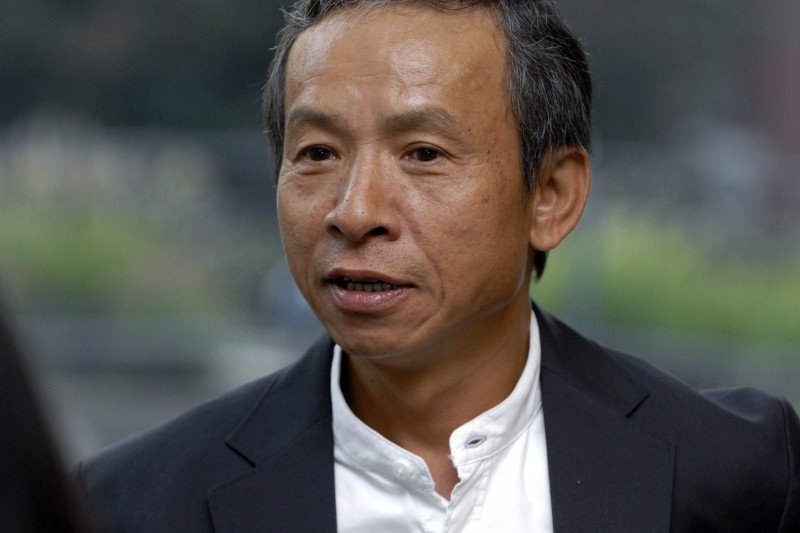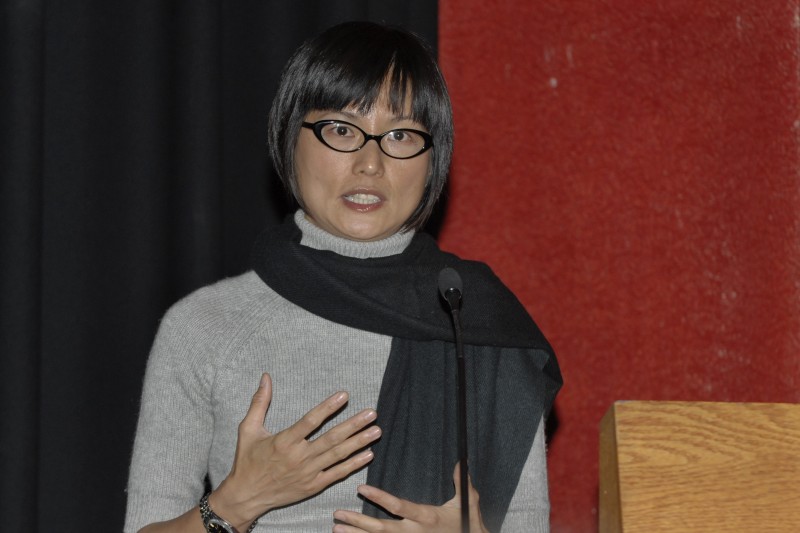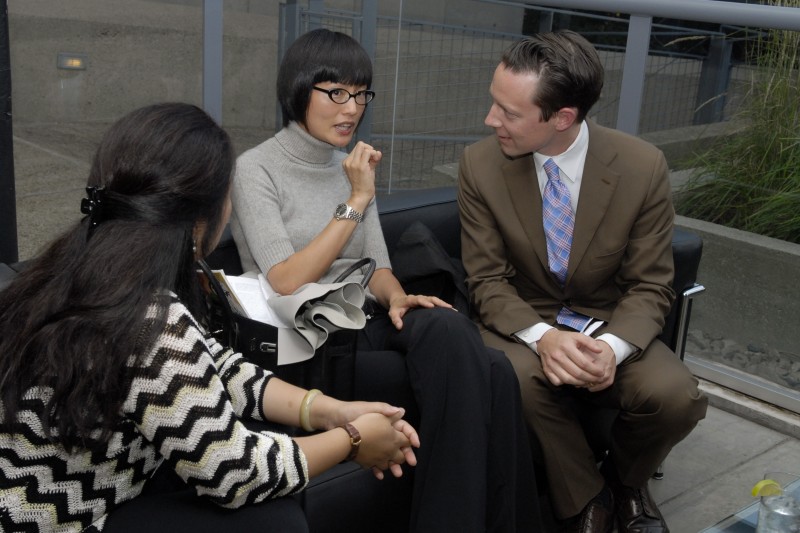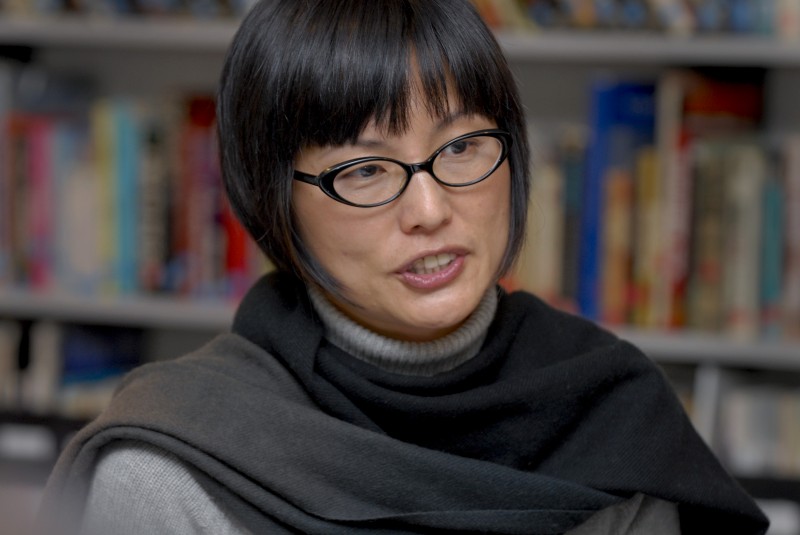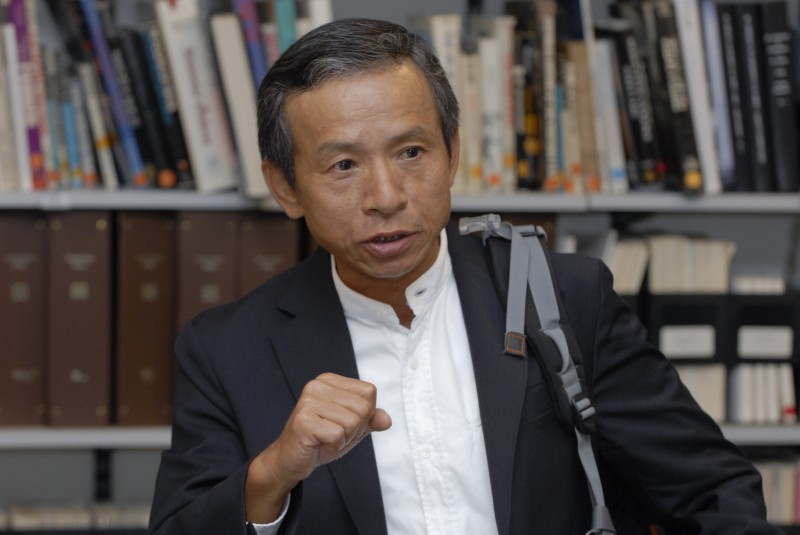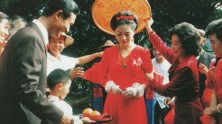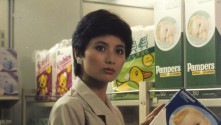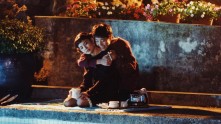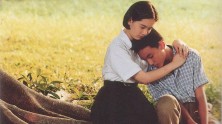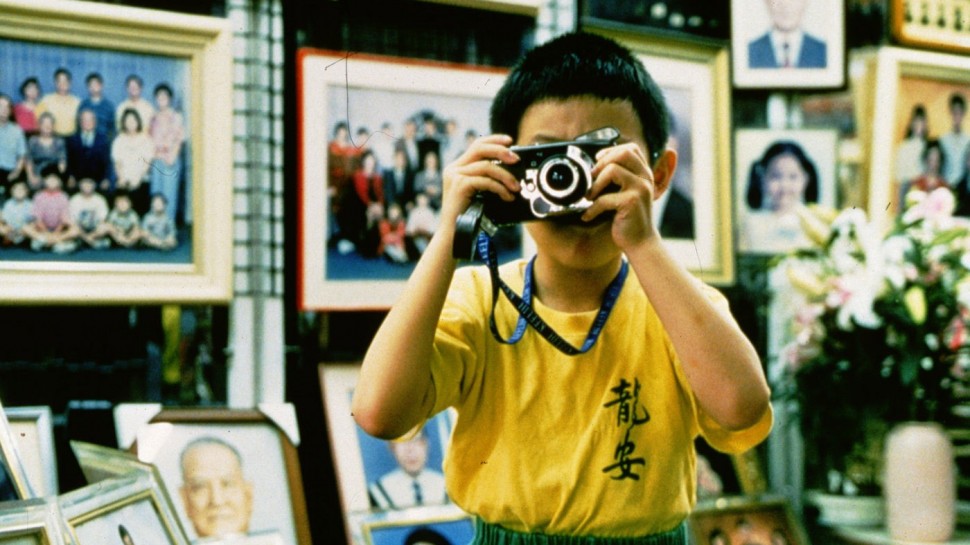
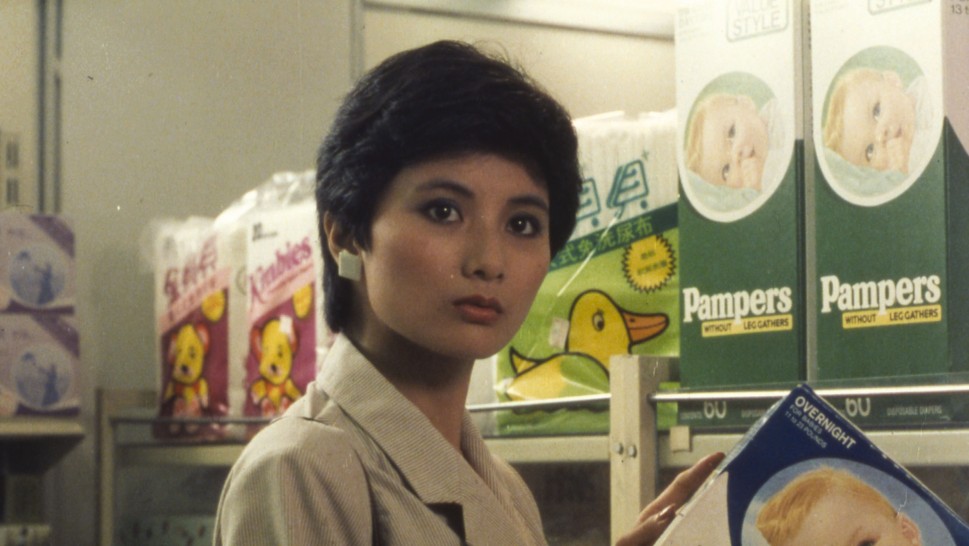
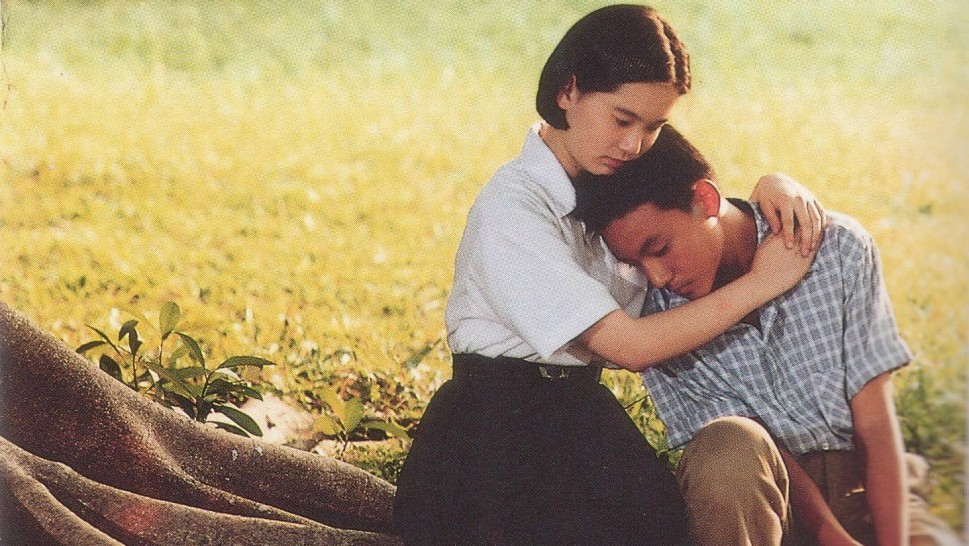
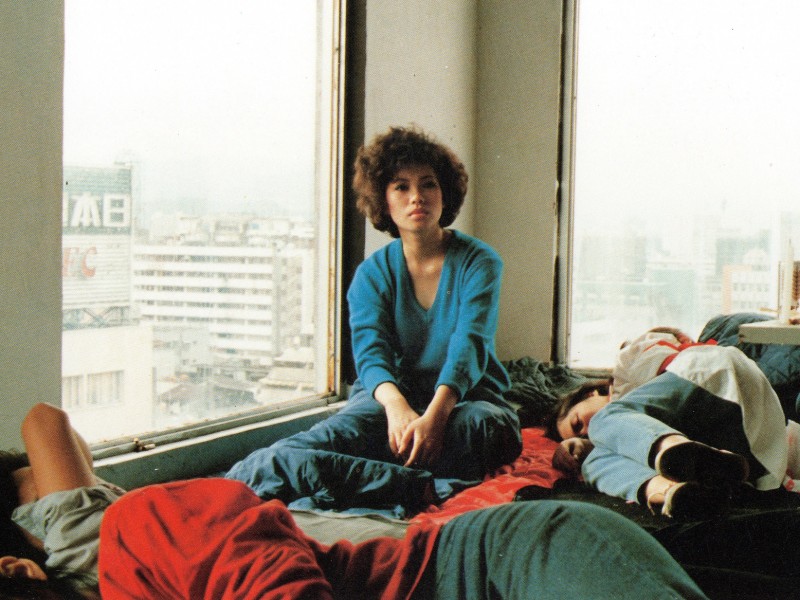
The Taiwan Stories of Edward Yang and Wu Nien-jen
One of the wonders of late 20th century world cinema was the sudden wave of extremely talented directors who emerged in Taiwan during the 1980s, an incredible efflorescence that essentially reinvented a national cinema where only its pale shadow had previously existed. Yet, despite the international acclaim given to the leading directors of the so-called New Taiwan Cinema, such as Hou Hsiao-hsien, their films rarely screened outside of festivals — until the major, and quite recent, exception of Yi Yi (2000). An important testament to the movement’s collective, collaborative spirit, this extraordinary and unanimously praised masterpiece also marked the final chapter of a remarkable partnership between the major talents spotlighted in this program: Edward Yang (1947- 2007) and Wu Nien-jen (1952- ).
In many ways Yi Yi summarizes Yang and Wu’s lasting contribution to the New Taiwan Cinema. The film showcases the dystopian vision which Yang refined across his films, guided by his acute sensitivity to the familial and architectural structures that trap so many of his characters and, at the same time, inspire their frustrated creativity. And Wu’s effortless, intuitive performance in Yi Yi’s leading role vividly personifies the longings, jaded humor and earned wisdom which Yang and Wu’s films discover in the generation who witnessed the profound socio-cultural transformation brought on by Taiwan’s economic boom. The deep frustration and restless searching of the struggling entrepreneurs that recur through Yang’s films, including Yi Yi, seem partially autobiographical, an expression of the critical and popular unresponsiveness all too often faced by his films. History will most certainly erode the indifferent and frequently hostile reception given to Yang’s work during his lifetime. Indeed, on the strength of his seven ambitious feature films—and crowned by his magnum opus, A Brighter Summer’s Day—Yang has been increasingly named as one of the Taiwan cinema’s most original and important voices.
Less known outside his native land, the multi-talented Wu has directed two wonderful features—the exquisitely moving A Borrowed Life (1994) and the darkly satirical Buddha Bless America (1996)—as well as countless screenplays exploring the complexities of modern Taiwan and its history. A talented writer, Wu went to work at Taiwan’s Central Motion Picture Corporation in 1980, where he was instrumental in launching the New Taiwan Cinema by encouraging support for new filmmakers. He went on to provide screenplays for many of the movement’s major figures, writing Yang’s That Day on the Beach (1983) and Hou’s Dust in the Wind (1986) and City of Sadness (1989) among many others. Wu is also a talented actor, playing crucial roles in Yang’s Taipei Story and Mahjong, and is today a fixture on television in Taiwan, where he remains a well-known and beloved figure.
The HFA is pleased to welcome Wu Nien-Jen to present his wonderful yet underappreciated films and discuss the career and legacy of Edward Yang. We are extremely grateful to Yang’s family for allowing us to present fragments from his unfinished last work, The Wind, on the opening night of our program and honored to welcome Kaili Peng, Yang’s wife, to speak about his final project.

